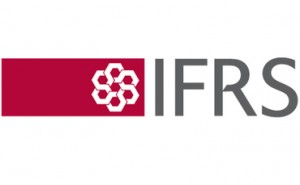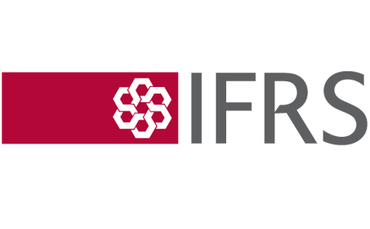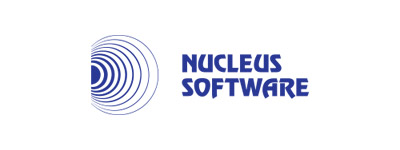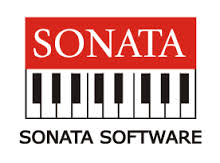- Road map for implementation of Ind-AS is a welcome change.
- More than 100 countries have adopted IFRS, International Financial Reporting Standards globally.
India’s upcoming accounting standards converged with IFRS (Ind- AS) aims to put India on a global map with uniformity on financial statements. Ind-AS is likely to become mandatory in a phased manner wef April 1, 2016 for all listed companies and large unlisted companies.
 Speaking on the occasion, Charanjit Attra, IFRS expert said, “We are extremely excited with MCA’s latest notification about Ind-AS. It’s imperative for India to converge with IFRS, as it would facilitate growth for the Indian Companies by providing easier access to newer markets for fund raising and conducting businesses. With numerous Indian Companies having International Offices, adapting the Ind-AS would standardise reporting of financial statements to a single set of accounting standards.”
Speaking on the occasion, Charanjit Attra, IFRS expert said, “We are extremely excited with MCA’s latest notification about Ind-AS. It’s imperative for India to converge with IFRS, as it would facilitate growth for the Indian Companies by providing easier access to newer markets for fund raising and conducting businesses. With numerous Indian Companies having International Offices, adapting the Ind-AS would standardise reporting of financial statements to a single set of accounting standards.”
Implementation of Ind-AS will be challenging in the accounting for financial instruments including derivatives, consolidation, employee stock options, loan loss provisioning etc. The ICAI and NACAS have reviewed various IFRS pronouncements, and Ind-AS is being designed to suit the Indian business environment. Though, the transition to the new system is being spaced out, the challenges for the companies would be two fold –
- Accounting-Led: With a shortage of fully trained IFRS resources in the country, it will be a challenge to get the right resource for the job. The implementation of Ind-AS would require training to all the departments of the company, as its implication is not only restricted to accounting or finance departments.
- Technology-Led: The technological challenges on Ind-AS would need knowledge of adjustments like classification of financial instruments, fair value accounting and the IRR method of accounting practices. It also would require major changes in the ERP or accounting systems being used by the organisation.
In addition to upgrading to the newer version, the transition period calls for maintenance of a parallel set of accounting records. Project Ind-AS conversion will have to be driven by the senior management as it cannot be unilaterally driven by the accounting and financing teams.








